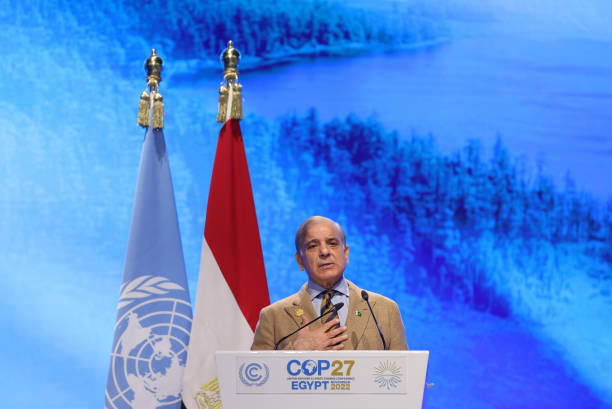ISLAMABAD: Prime Minister Shehbaz Sharif has taken a proactive approach amid escalating regional tensions by convening an urgent meeting on the country’s petroleum supply and engaging in high-level diplomatic outreach with key Middle Eastern allies.
On Tuesday, the Prime Minister will chair a critical meeting to assess Pakistan’s petroleum reserves and future supply prospects in light of increasing instability in the region. The session will include senior officials from the Petroleum Division, Oil and Gas Regulatory Authority (OGRA), Pakistan State Oil (PSO), and representatives from local refineries. Discussions will center on the impact of global oil price fluctuations and potential supply disruptions, particularly in the event of a closure of the Strait of Hormuz—a vital passage for global oil shipments. To address possible scenarios, the Prime Minister has also formed an Oil Supply Committee led by Finance Minister Muhammad Aurangzeb. Officials have assured that Pakistan’s current reserves are sufficient to meet national demand.
In parallel with these domestic efforts, Prime Minister Shehbaz held urgent telephone conversations with the ambassadors of Qatar and Saudi Arabia, reaffirming Pakistan’s strong commitment to regional peace and stability. During his call with Qatari Ambassador Ali Mubarak Ali Essa Al-Khater, he expressed deep concern over the recent Iranian missile strike on a U.S. military base in Qatar and stressed the importance of de-escalation. The ambassador appreciated Pakistan’s timely show of solidarity.
In a separate conversation with Saudi Ambassador Nawaf bin Saeed Al-Malki, the Prime Minister emphasized the need for enhanced diplomatic coordination and reiterated Pakistan’s support for increased trilateral cooperation with Saudi Arabia and Qatar to ensure regional stability. The Saudi envoy welcomed Pakistan’s diplomatic engagement and acknowledged the importance of joint efforts to maintain peace.
These developments follow Iran’s retaliatory missile strike on a U.S. military base in Qatar in response to earlier U.S. attacks on Iranian nuclear sites. The heightened tensions have already affected global markets, with Brent crude falling by 6.4% to $72.07 per barrel—its lowest in ten days—and West Texas Intermediate dropping 6.5% to $69.96 per barrel. Pakistan’s dual-track response—through both energy management and diplomatic outreach—highlights its strategic efforts to remain a stabilizing force in the Middle East during a time of uncertainty.





